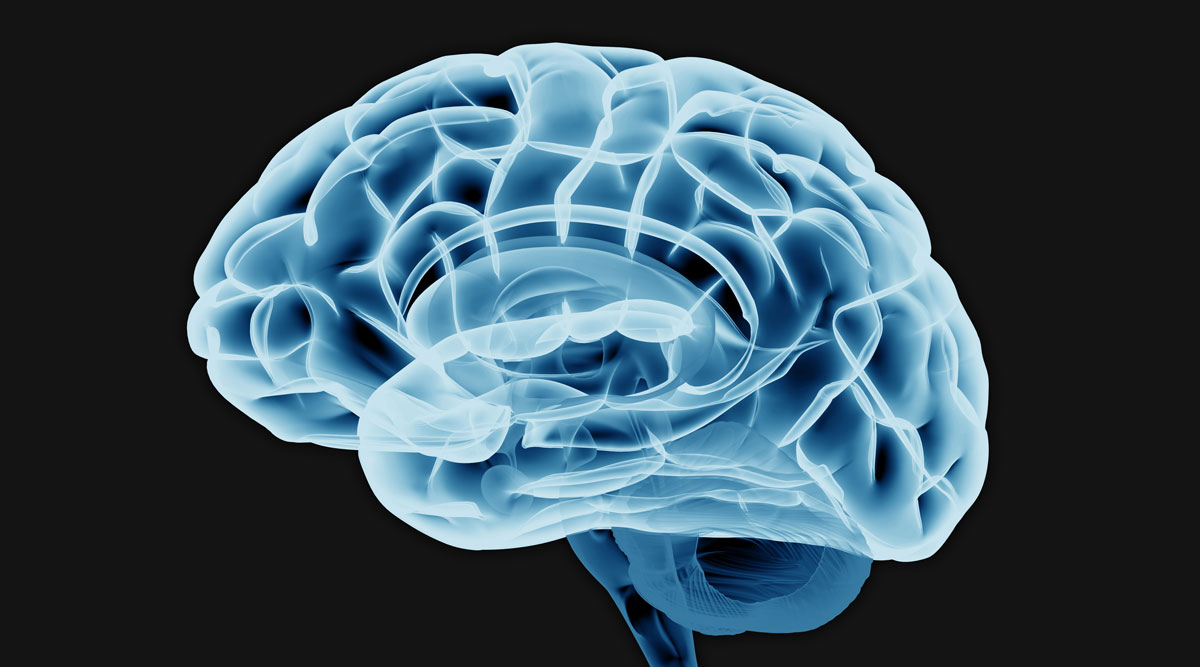New findings in the Journal of Neuroscience demonstrated increased amounts of the structural protein tubulin in lipid rafts among patients with a depressive disorder — an action not observed in non-depressive individuals.
Tubulin is implicated in the binding of Gs alpha (Gsa), a signaling molecule associated with the neurotransmitter serotonin.
In past studies, increased levels of Gsa was evident in the lipid rafts of patients with depression. “Gsa moved out of the lipid rafts after treatment with antidepressants or after using a drug inhibitor for histone deacetylase 6 (HDAC-6) — an enzyme that removes modifications from tubulin — suggesting a role of tubulin in depression as well,” the study explains.
For the study, researchers at the University of Illinois at Chicago examined the post-mortem brain tissue of participants with a history of depression and without to get a more comprehensive understanding of modified tubulin.
Although no drastic changes were identified in the amounts of modified alpha-tubulin, alpha-tubulin acetyltransferase 1, or HDAC-6, less modified tubulin was evident in the lipid rafts of depressed participants, but not the healthy ones.
“The data suggest that diminished tubulin acetylation may be essential in harnessing Gsa to lipid rafts during depression,” the findings determined. “Antidepressants reverse this process and allow fuller function of Gsa and the neurotransmitters that activate it.”
The study was funded by the National Institutes of Health, U.S. Department of Veteran Affairs and the American Heart Association.


